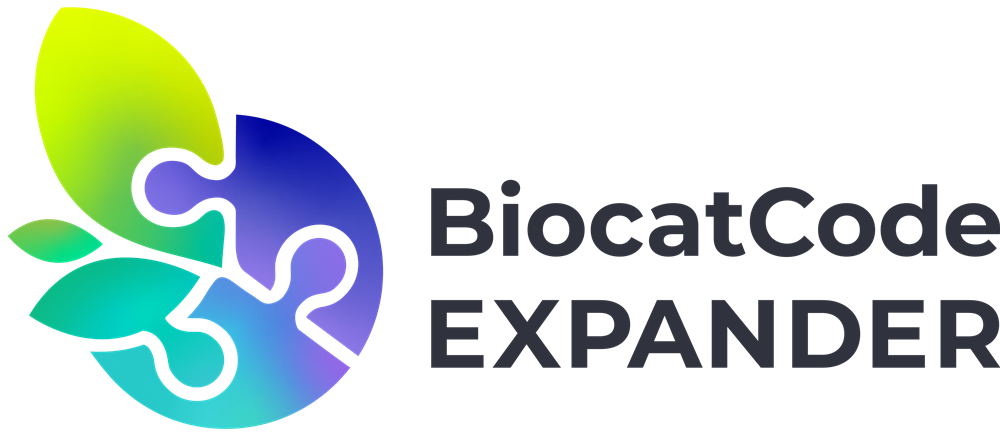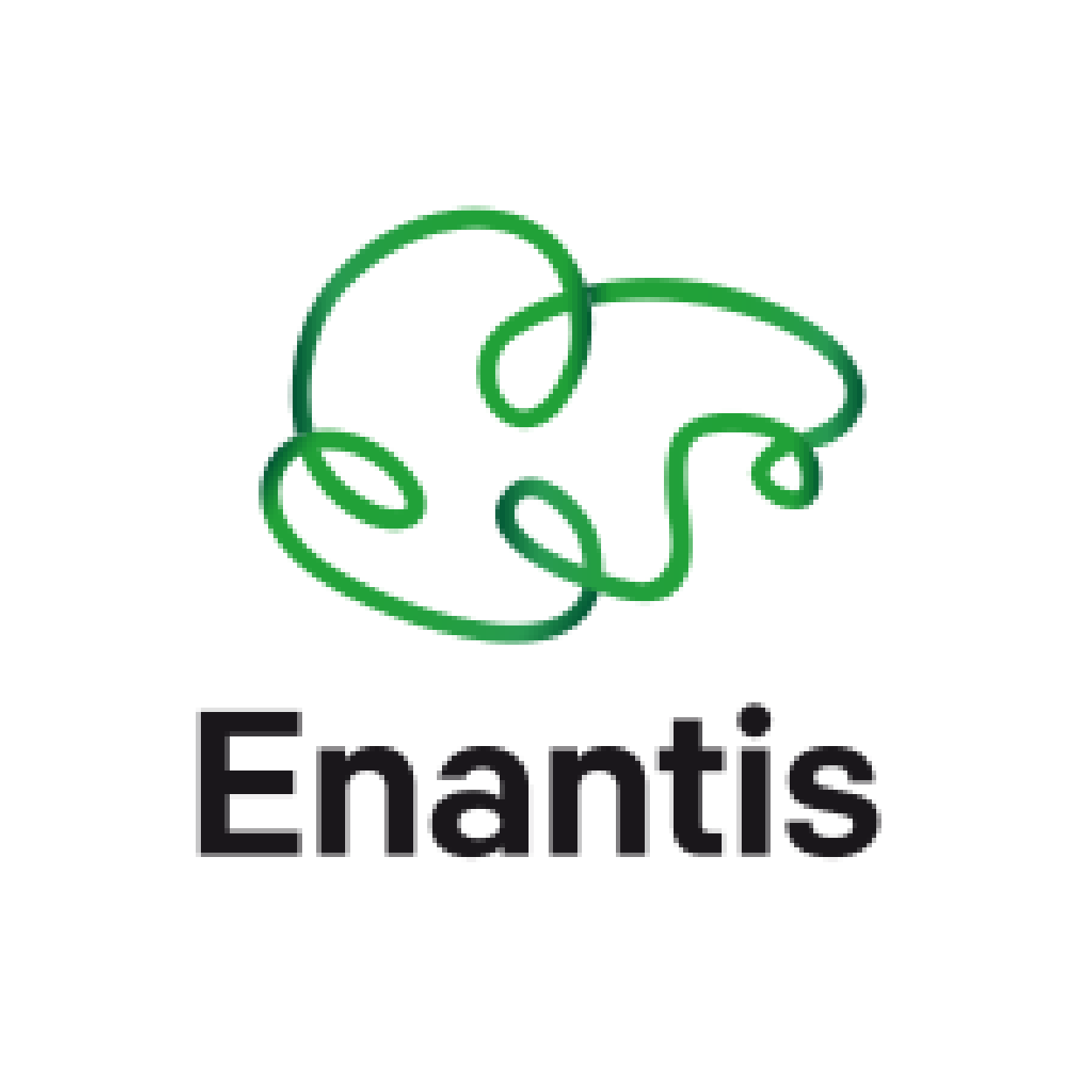Our Research
Expanding the genetic code for the incorporation of non-canonical amino acids into proteins provides biotechnologists with an amazing kit of novel tools. Non-canonical amino acids can be used in multiple applications, such as investigation of protein structure and dynamics, as handles for protein imaging and spectroscopy, metal chelators, or as click chemistry reagents. Yet, there are only a few cases where non-canonical amino acids are used in enzyme engineering to explore, improve or develop new enzymatic activities. Further development has been restricted by the limited efficiency and flexibility of tools for their incorporation. This is mainly caused by the field developing separately and not being driven by desired target catalytic activities and needs of protein engineers. This multidisciplinary consortium aims to bridge this gap and bring experts from different fields together to ensure the development of the methodologies in a collaborative manner.
With a threefold- training structure Learn–Teach–Create, BiocatCodeExpander trains 10 PhDs at the boundaries of biocatalysis, synthetic biology, organic chemistry and computational biology and brings together a team of academic and industrial partners to increase the European research capacity.
The efficiency and flexibility in non-canonical amino acids incorporation are decisive for a successful catalytic application. The use of non-canonical amino acids for selective protein conjugation will facilitates application in site-selective immobilization, high-throughput-screens, and directed evolution to engineer active and stable enzymes. Going a step further, non-canonical amino acids can provide functional groups for designed biocatalysts for new-to-nature reactions. BiocatCodeExpander aims to provide new tools and applications, the newly designed catalysts are envisioned to be important biotechnological processes for a greener, more environmentally friendly production of chemicals and pharmaceuticals.
WORK PACKAGE 1
tools for Non-canonical amino
acids incorporation
WP1 aims to increase both efficiency and diversity of non-canonical amino acids incorporation. In WP1, 3 PhD fellows will work on developing better tools enabling methodologies for non-canonical amino acids incorporation to achieve the production efficiency required for successful applications in biocatalysis. This will be achieved by developing i) high-throughput screening and selection methods for deep mutational scanning, ii) new tools for the site-selective ribosomal translation of novel non-canonical amino acids containing inorganic and organic functional groups, and iii) biosynthetic pathways for the production of non-canonical amino acids and their direct incorporation into proteins.

Project 1
High-throughput screening and selection methods for deep mutational scanning.
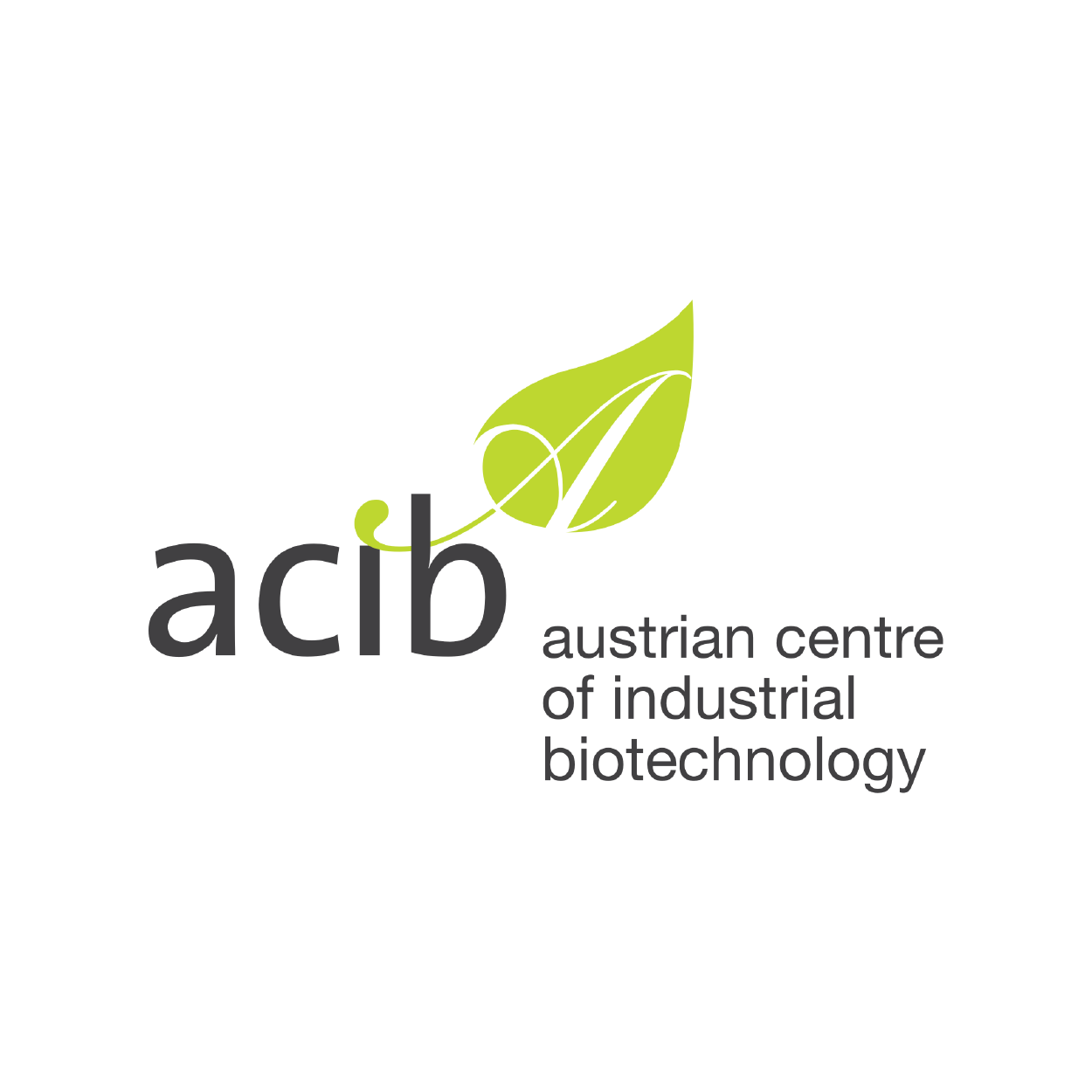
Project 2
New tools for the site-selective ribosomal translation of non-canonical amino acids containing Si-groups and tertiary amines.
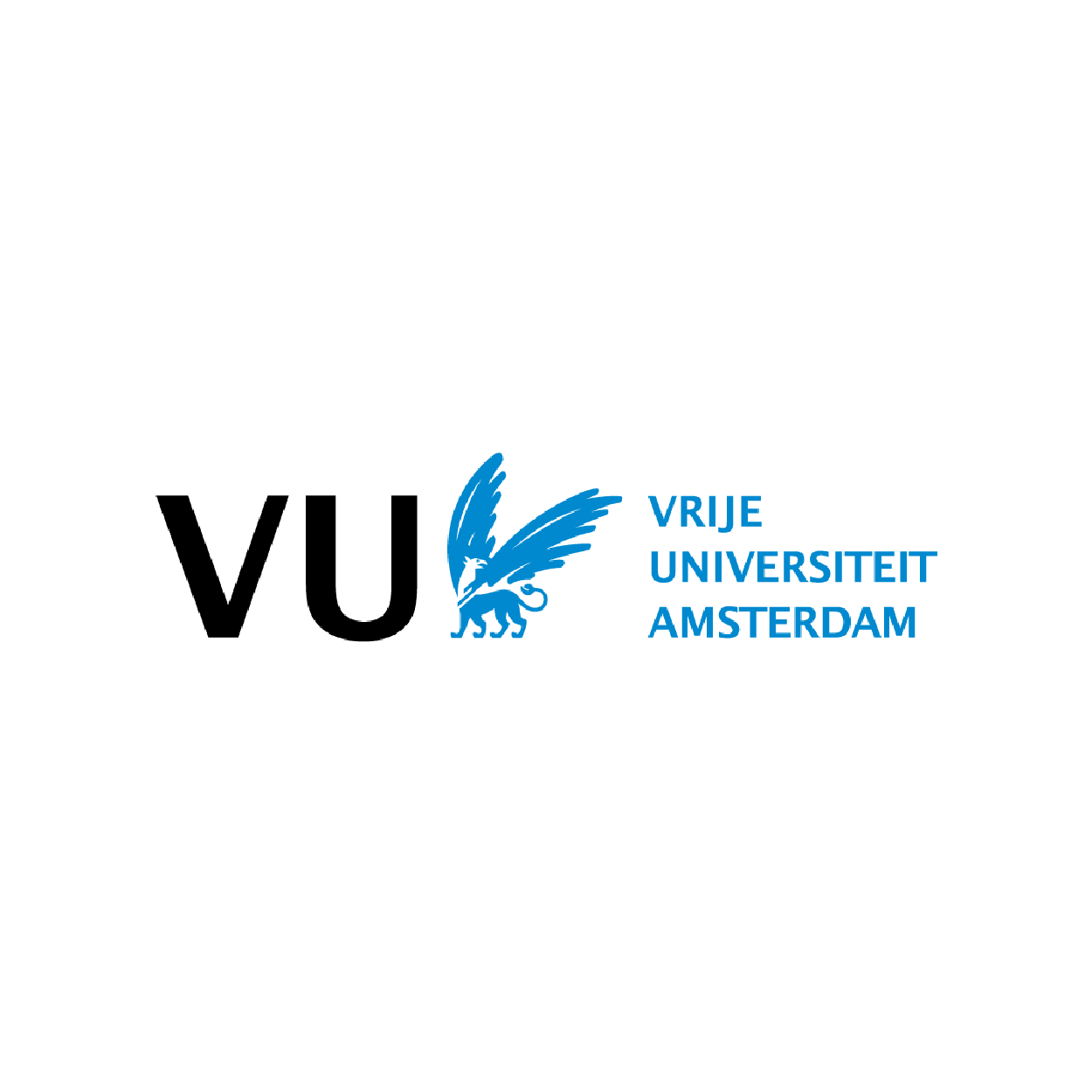
Project 3
Biosynthesis of non-canonical amino acids and their direct incorporation.
WORK PACKAGE 2
Novel strategies for coupling & immobilization
WP2 aims to diversify functional groups for biorthogonal coupling chemistry. In WP2, 3 PhD fellows work on diversifying conjugation chemistries and linking them to applications for site-specific enzyme immobilization and in vivo probing. This will be achieved by developing i) metal-free site-selective hydrosilylation of proteins, ii) site-directed immobilization of enzymes on solid carriers through non-canonical amino acids, and iii) stabilization of growth factors using non-canonical amino acids.
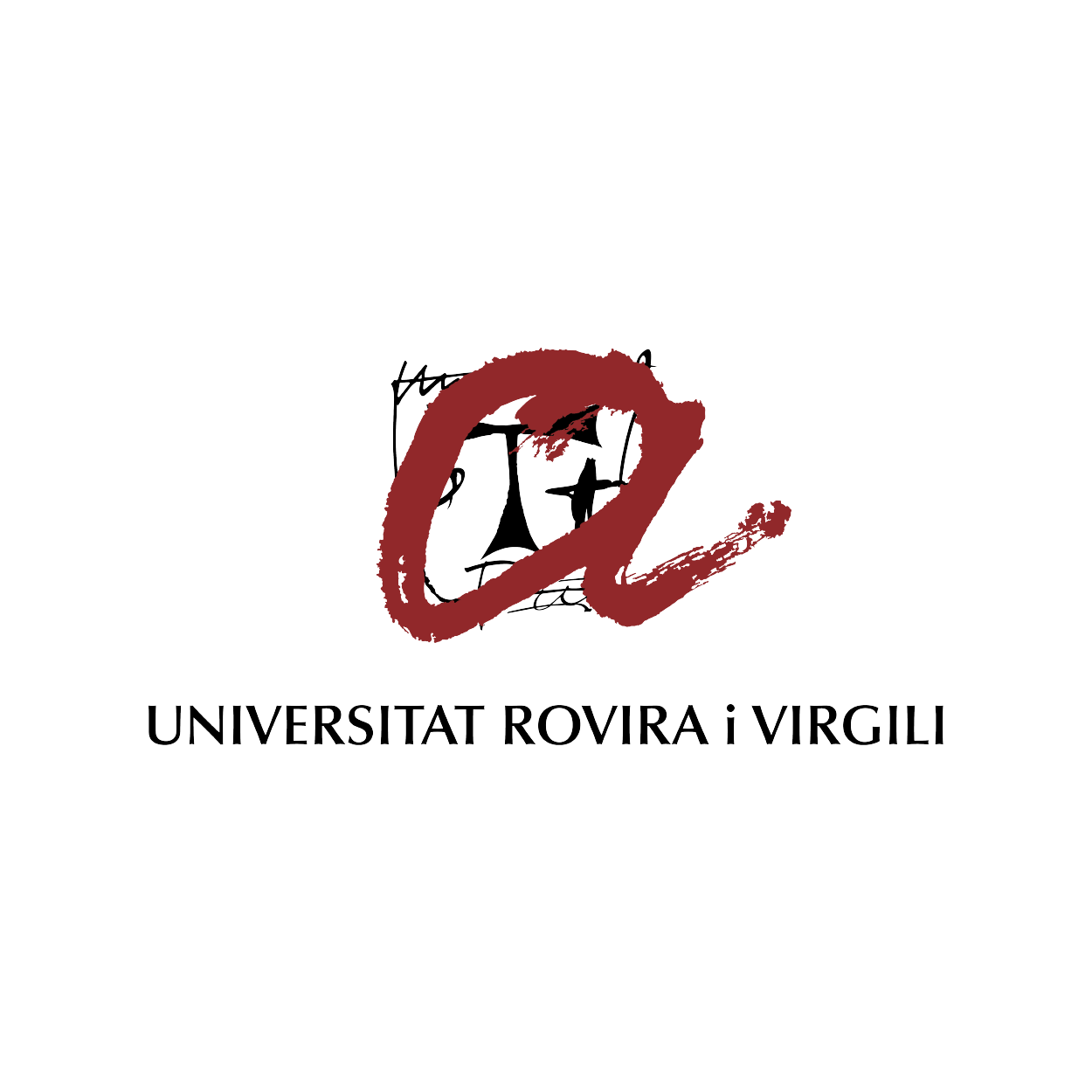
Project 4
Metal-free site-selective hydro- silylation of proteins.
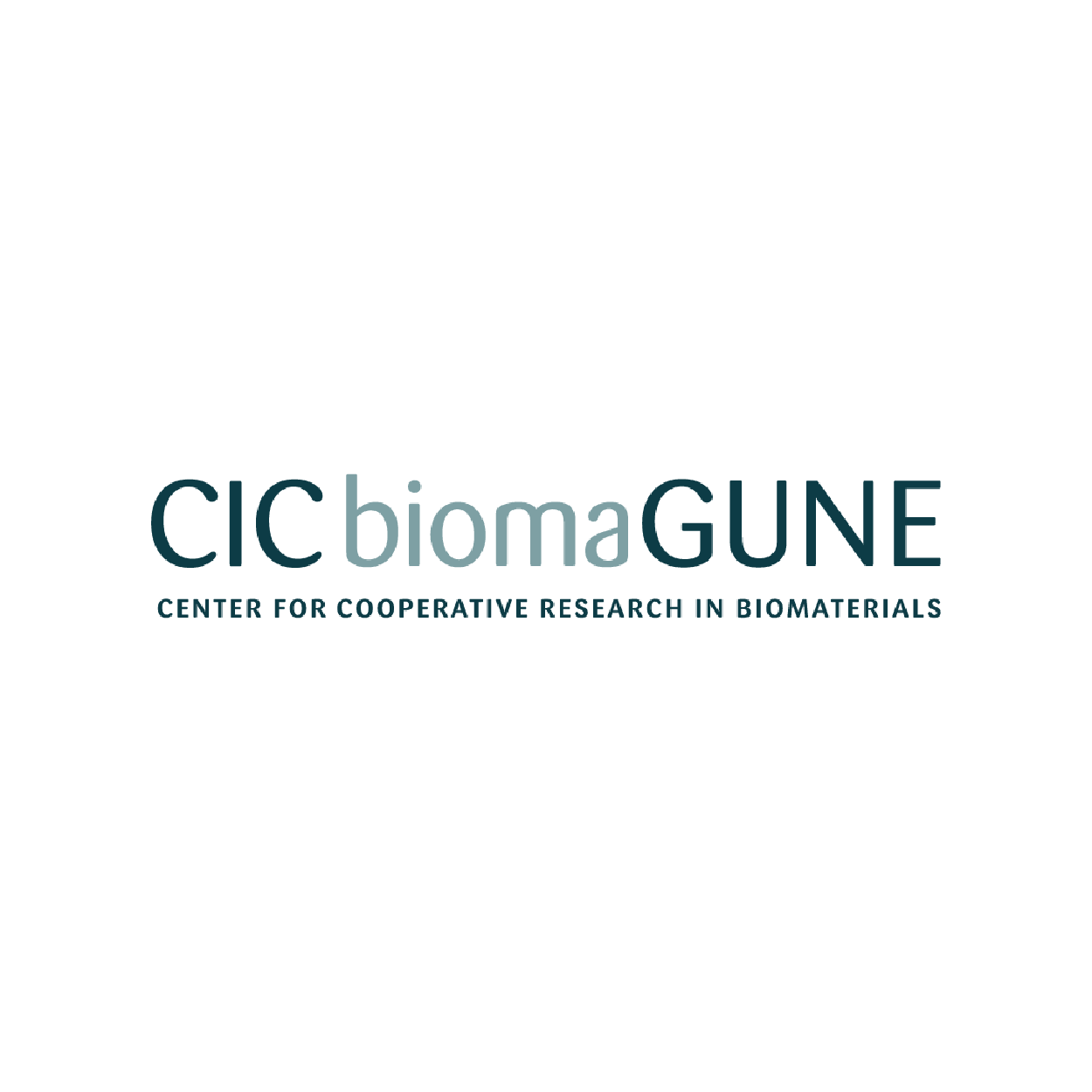
Project 5
Site-directed immobilization of enzymes on solid carriers through non-canonical amino acids.
Project 6
Stabilization of growth factors with non-canonical amino acids.
WORK PACKAGE 3
Enzyme engineering with Non-Canonical Amino acids
WP3 aims for the modification of enzyme reactivity by rational protein design and directed enzyme evolution or to provide completely new-to-nature reactivities using non-canonical amino acids. In WP3, 4 PhD fellows work applying non-canonical amino acids as building blocks to improve catalytic properties of enzymes or install new-to-nature activities. This will be achieved by i) engineering catalytic mechanisms of heme-independent amino acid dioxygenases using non-canonical amino acids, ii) (re)designing enzymes for challenging reactions using non-canonical amino acids, iii) designing artificial enzymes with non-canonical amino acids in silico, and iv) design novel artificial enzymes utilizing novel non-canonical amino acids.

Project 7
Engineer catalytic mechanisms of enzymes using non-canonical amino acids.
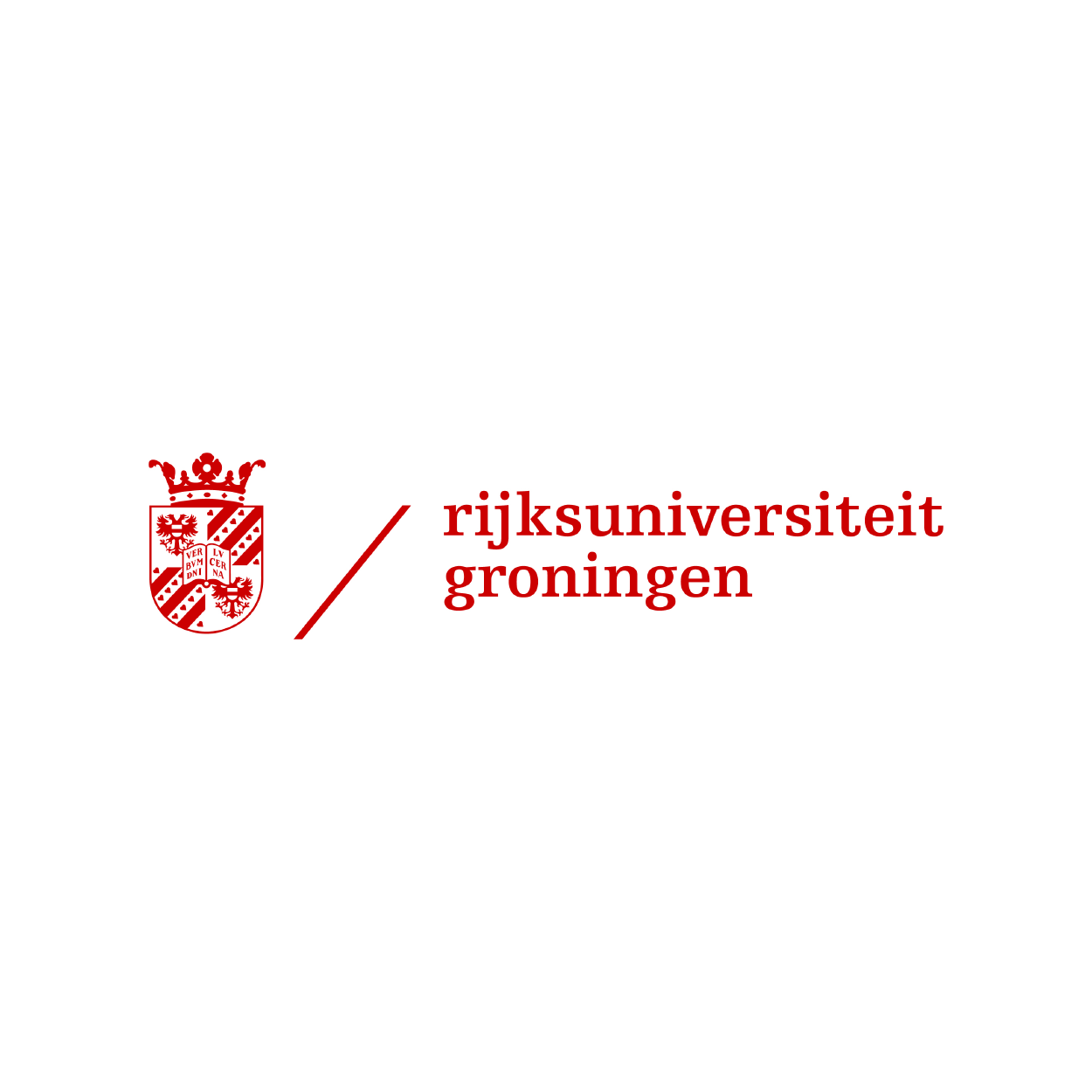
Project 8
Design and evolution of 4-oxalocrotonate tautomerase for the Morita-Baylis-Hillman reaction using non-canonical amino acids.
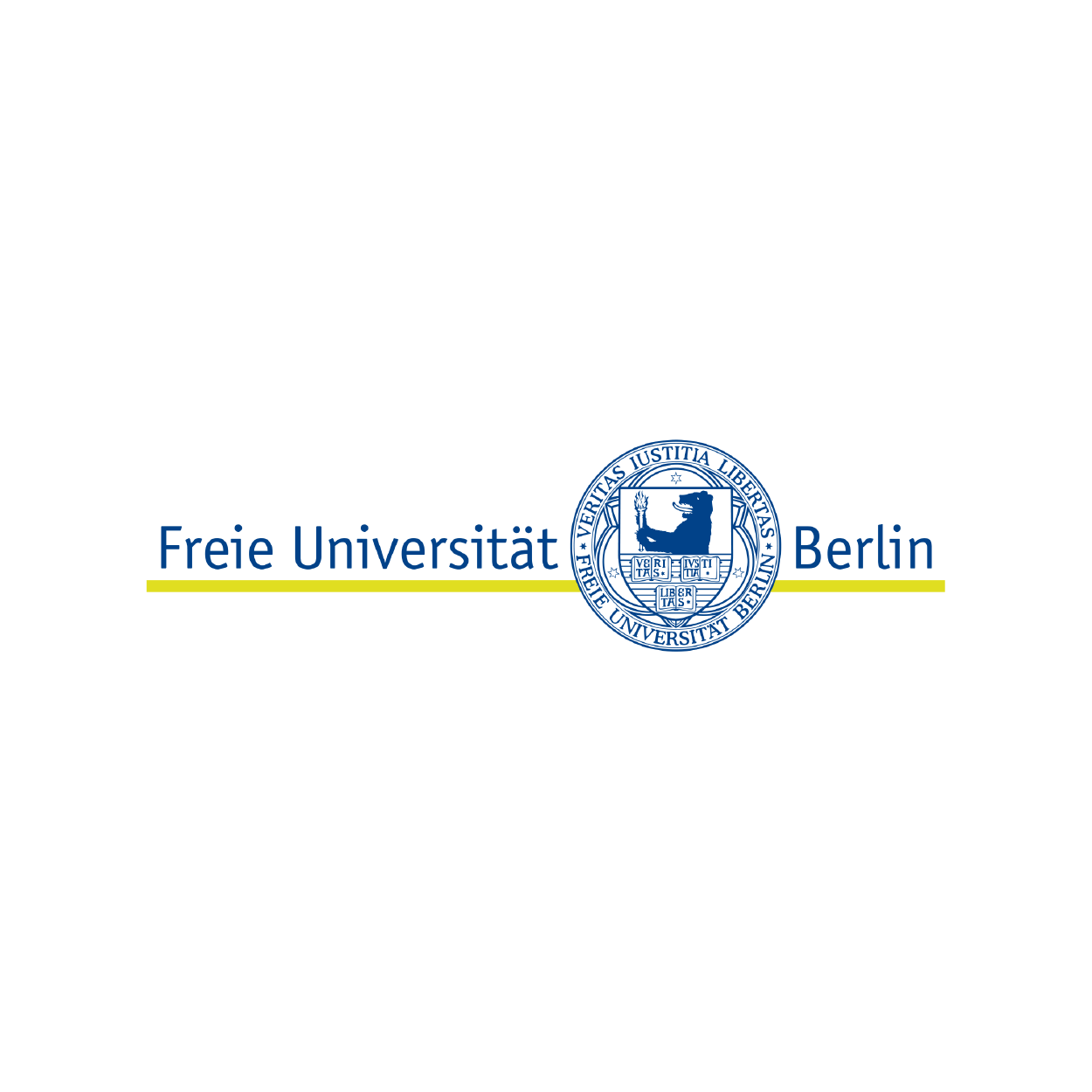
Project 9
In silico design of artificial enzymes with non-canonical amino acids.

Project 10
Design of novel artificial enzymes utilizing novel non-canonical amino acids.
WORK PACKAGE 4
TRAINING
As part of the training program, BiocatCodeExpander will create a state-of the-art environment to promote the careers of PhDs and junior-stage PIs as future research leaders in the field of biotechnology. The graduates of the DN will develop entrepreneurial skills and a vision to not only implement the non-canonical amino acids technology in the industry, but also push state-of-the-art innovations even further. The strong involvement of SMEs with complementary business models adds exposure to industrial research.
Main network-wide training events, conferences, and contribution of beneficiaries:
- PhD progress seminars
- Synthetic Biology School (Amsterdam, The Netherlands)
- Biocatalysis & Enzyme Engineering School (Graz, Austria)
- International Conference Session, Genetic code expansion in industrial biotechnology (Graz, Austria)
- Computational Biology School (online)
- Conjugation Chemistry School (Tarragona, Spain)
- Science Transfer and Entrepreneurship School (Brno, Czech Republic)
- International Conference, Genetic code expansion for synthetic biotechnology (Amsterdam, The Netherlands)
WORK PACKAGE 5
Dissemination & Innovation
Dissemination and Innovation will focus on the coordination of Intellectual Property Rights, publications and other dissemination activities, such utilizing social media as means to make science available to the public, and contribute to a more positive attitude towards science and scientists Furthermore it will address internal and external communication matters, risks and mitigation and the implementation of standards and data management. As part of the dissemination plan, WP5 will organize the following activities;
- A Session at European Summit of Industrial Biotechnology.
- High School Student workshop on Green Society & Sustainability (Amsterdam, The Netherlands).
